Did you know that Australia has the world’s highest population of residential rooftop solar energy? There are currently around 2.15 million solar homes in Australia and counting, as well as a growing uptake of battery storage. Solar, in addition to being a more sustainable option for your home and the environment, can help you save money on your energy bills over time.
But what exactly is solar power, and how can it be used? With rising emissions and bills, as well as government financial incentives, there has never been a better time to learn about solar power.
What exactly is solar power?
Solar energy is converting renewable energy from sunlight into electricity, either directly using photovoltaic cells (PV), or indirectly using concentrated solar energy, or a combination of the two. Photovoltaic cells use the photovoltaic effect to convert light into an electric current. Concentrated solar systems use lenses or mirrors, as well as solar tracking systems, to direct a large area of sunlight to a hot spot, which is often used to power steam turbines.
Photovoltaics were initially used solely as a source of electricity for small and medium-sized applications, ranging from a calculator powered by a single solar cell to remote homes powered by an off-grid rooftop PV system. Commercial concentrated solar power plants were first developed in the 1980s. Since then, as the cost of solar energy has decreased, grid-connected solar PV systems have become more popular.
Solar power, also known as solar energy, is electricity generated by sunlight. Solar devices, such as panels installed on your roof, convert sunlight into electricity during the day, which can then be used to power your home or stored in solar batteries or thermal storage for later use.
Solar technologies can be used in areas that emit energy in your home, such as electric (from your television to your kettle), solar water heating (from your shower to your pool), solar heating and cooling, solar lighting, and even solar-powered vehicles.
Why should I invest in solar energy?
The main reasons are that it saves you money and saves the environment.
Solar energy is the cleanest and most renewable form of energy because it does not require the release of greenhouse gas emissions from the combustion of fossil fuels. It is also sustainable because it is generated from direct sunlight and can be used to power electrical items in your home.
Furthermore, because you will be generating the power naturally, using solar energy in your home or business can help reduce the cost of energy bills while also creating an energy backup system.
What other factors should you think about before going solar? Here are seven compelling reasons to do so:
1.Solar Power Is Environmentally Friendly
The most well-known fact about solar energy is that it is a clean, green energy source. Solar energy is an excellent way to cut your carbon footprint. There is nothing about solar power that pollutes the environment. Solar power emits no greenhouse gases and, with the exception of requiring a source of clean water to function, consumes no other resources. As a result, it is both safe and environmentally friendly. People are still unsure as to why solar energy is beneficial.
Solar power is self-sufficient, and installing solar panels on your roof is a simple and cost-effective way to contribute to a more sustainable future. Starting with your own home is a great way to demonstrate your concern for the environment.
2.Solar energy allows your home to be off-the-grid
The decrease in the cost of solar panels is an excellent example of why solar energy should be used more frequently. Traditional electricity is heavily reliant on fossil fuels like coal and natural gas. They are not only bad for the environment, but they are also scarce resources. This results in a volatile market, with energy prices fluctuating throughout the day.
Solar energy increases your energy independence! By investing in a 4kW solar system, which is the most common domestic size, you can easily protect yourself against unpredictability in utility price increases and enjoy cheap electricity throughout the day – the sun never raises its rates and provides you with energy security.
Once your solar panels are installed.
3.Solar Energy Can Make Use of Unused Land
You may still be perplexed as to why solar power is used. With the growing demand for solar energy, it has become more readily available to the majority of us. There are vast swaths of land across countries that are far from major cities or capitals and are not used for anything.
We can actually use solar power to make use of the land and generate significant value; solar energy provides a source of power for everyone. In this manner, we avoid the need to use expensive land that could be better suited for other purposes.
You may have heard of solar farms, which are large numbers of panels used to harvest solar energy. This perfectly illustrates how solar energy makes use of underutilized land.
4.Less electricity is lost as a result of solar power.
Electricity must be transported via extensive networks from large power plants to end-users. Power losses result from long-distance transmissions. Have you ever wondered what solar panels are used for? They’re on your roof to collect solar energy. Given the short distance, rooftop solar power can help increase electricity efficiency. Your energy becomes domestic, and as a result, you have control over your bills and energy consumption. Furthermore, because solar power systems are long-lasting, the likelihood of service interruption is reduced.
5.Solar energy boosts grid security
When a large number of people switch to solar energy, we are less likely to experience blackouts or brownouts. Every household in the United State that has solar panels installed acts as a small power plant. As a result, we have greater electricity grid security, particularly in the event of natural or man-made disasters.
You can also be paid to export electricity back to the grid with the help of solar panel grants.
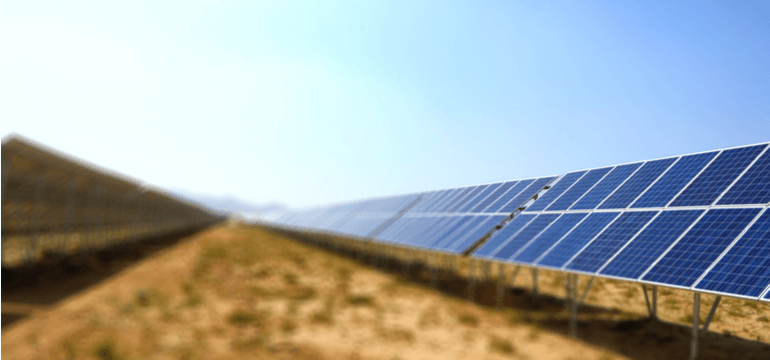
6.Solar energy generates jobs and economic benefits
Solar energy has the potential to benefit our national economy. The more people who choose solar, the greater the demand for companies to install solar panels. This creates more jobs for skilled workers and, as a result, keeps the economy growing.
Solar energy capacity in the United States has increased thirtyfold since President Obama took office. In the first nine months of 2015, solar accounted for 31% of all new electric generating capacity. Nearly one million solar energy projects are now in operation across the United States. Overall, solar saves Americans tens of millions of dollars per year on their electricity bills. Rooftop solar customers can expect to save money every year for the next 30 years or so.
These savings are bolstered by a skilled, thriving workforce that is also growing at a rapid pace. According to the Solar Foundation’s National Solar Jobs Census 2015, which was released today, the solar workforce grew 12 times faster in 2015.
Consider the following key statistics from this year’s census:
- The solar workforce in the United States has grown by 123 percent since 2010.
- This is the third year in a row that solar employment has increased by approximately 20%.
- Veterans of the United States Armed Forces account for 8.1 percent of the solar workforce.
Since The Solar Foundation began tracking solar workforce trends in 2010, the solar industry has added highly skilled jobs to the US economy on an annual basis. Even though unemployment reached an all-time high in 2009, the solar industry was able to add jobs and serve as a bright spot in an otherwise bleak national economy. From New York, where solar workers save their neighbors approximately $11 million per year through solar, to Arizona, where solar customers save approximately $13 million per year through solar.
7.Solar Power Is A Costless Energy Source
The sun gives us more energy than we could ever use, and no one can monopolize it. Your solar power system will begin saving money the moment it is turned on, but the benefits of solar power are most visible in the long run. The longer you own your solar power system, the more you will benefit from solar technology while also helping the environment.
Aside from solar electricity, solar energy has another use. We often associate solar energy with electricity, which is obtained through PV panels, but the energy generated by the sun can also be used for heating. This is accomplished through the use of solar thermal systems, which simply convert sunlight into heating solutions.
Solar energy’s acceptance.
Is solar energy capable of powering everything in my house?
A large system can generate an equal amount of power for household consumption, which can be used by all electrical appliances in the home during the day and stored in a solar battery for use in the evening.
If you don’t have a battery, you can effectively store energy as hot water by running a heat pump or hot water service during the day. This can be an excellent way to maximize solar savings while also lowering a household’s energy costs.
At night, your house draws power from the grid as if the solar panels had never been installed. Because the solar system is wired in parallel with your main power supply, this happens automatically.
What happens to the energy that I don’t consume?
Excess solar power is typically fed back into the electrical ‘grid,’ or into a battery if one is installed. You can significantly reduce your power bill by reducing the amount of power you need to draw from the grid during the day.
Any excess power or solar capacity you generate will be automatically sold back to the grid, increasing your savings even further. Your retailer credits the value of the power sold back to the grid to your electricity bill, lowering your bill.
Is it functional at night or in bad weather?
In a nutshell, yes. If you don’t have a battery, your house will automatically draw power from the grid at night.
Furthermore, solar panels continue to function even when it rains or is cloudy. There is less solar power production these days because there are fewer light particles available to generate a high flow of electricity. While the power output is reduced, you are still saving money because your solar system is still producing power.
Who is able to obtain it?
All property owners are eligible for solar, provided their home is capable of receiving solar installation. You can also request a customized quote to discuss the best sustainable energy options for your home or workplace.
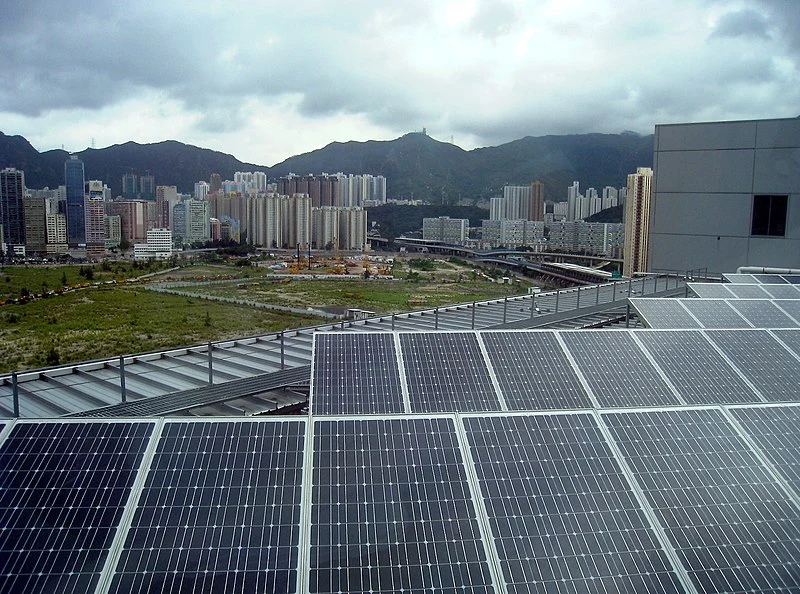
What is the distinction between solar panels, batteries, and grids?
Solar panels
How do solar panels function?
Solar photovoltaic (PV) panels absorb sunlight energy and convert it to direct current (DC) electricity, which you can use in your home or sell back to the grid.
Each solar panel is made up of many individual solar cells, which are made up of thin silicon wafers sandwiched together. The energy provided by the sun hitting these silicon cells allows electrons to move between the silicon layers, and this flow of electrons is what the panels produce.
How many solar panels will I require?
This is determined by the amount of available roof space and the number of people in the household. A typical solar system consists of 15 to 20 panels.
How long can solar panels be expected to last?
A solar system can last for decades if homeowners invest in high-quality components. Manufacturers of solar panels typically provide warranties ranging from 15 to 25 years.
As a result, you can safely assume that the average life of a quality panel is 25-30 years; however, this can vary depending on a variety of factors.
Grid-connected inverters typically have a lifespan of 10 to 25 years. Most high-quality units should last at least ten years.
The warranties on solar inverters range from 5 to 25 years, with an increasing number of manufacturers offering pay-for-service warranty extensions.
What is the function of a solar inverter?
Solar panels generate direct current electricity. The solar inverter converts direct current (DC) electricity to alternating current (AC), which can then be used to power your home.
Can solar panels be installed on any type of roof?
Panels are installed by RACV on tin, cement, and terracotta roofs, but not slate.
My house does not face north. Is this significant?
The best orientation for solar panels is north – but don’t worry if they can’t. It’s all about putting them in places where they’ll get the most daily sun exposure. (This is one of the debunked solar myths.)
Which solar panels are the most effective?
There are many good brands, but there are also many average and poor brands. A good solar panel should have a product warranty of at least 12 years and an efficiency of at least 310W.
The grid system
What exactly is the grid?
The term “grid” refers to the network that transports power from generators (coal plants, solar and wind farms, hydro projects, etc.) to the high-voltage transmission network (HV powerlines), then to the low-voltage distribution network (street power poles), and finally to consumers (homes and businesses).
Is it possible for me to disconnect from the power grid?
While going completely off the grid is possible, it is not the best option for most homes. During periods of cloudy or rainy weather, your energy supplies may be depleted, and you may need to reconnect to the grid to keep your home powered. Alternatively, you could invest in a large solar-and-battery system that would be underutilized the majority of the time, resulting in much lower savings than the cost of installation.
Batteries powered by the sun
What is the mechanism of battery storage?
Batteries enable you to store excess electricity generated when the sun is shining and use it when you need it. It stores excess energy for consumption after dark, increasing a household’s independence from the grid and, as a result, saving money. In the event of a power outage, a battery can provide limited backup power to a household.
It is more efficient to store your own energy for later use because the value of excess electricity sold back to the power grid (feed-in tariff) is generally lower than what you are charged when you consume electricity.
Is a battery required?
Batteries have a number of advantages, the most important of which is that they increase the amount of solar power that can be used in the home, and they can also protect you from blackouts. Households must decide whether these benefits are worth the cost of battery installation on a case-by-case basis. Although the cost of batteries is expected to decrease as they become more widely used, most households currently install solar panels without a battery.
Will my battery keep me going if there’s a power outage?
Blackout protection is available on many home batteries, but not all. In the event of a blackout, the home’s power will be turned off for about 30 seconds while the system detects the blackout and switches to blackout mode. Back-up systems are divided into two groups:
- Whole-house backup: everything in the house can be powered in the event of a power outage. If the household continues to use large loads, such as air conditioners, the battery will be quickly depleted.
- Essential-load backup: when installing the battery, the electrician can isolate only certain circuits in the home that will be protected in the event of a blackout, ensuring that things like lighting and refrigerators will continue to work. In a blackout, the battery will only power these loads to keep the charge going.
How long would a battery be able to keep my house running?
The amount of power a battery can provide depends on the type of device and the amount of power you expect to draw from it.
As a general rule, a typical $10,000 battery will store 50 to 75 percent of a typical home’s daily electricity usage.
Summary
Solar is the cleanest and most renewable form of energy. It generates electricity that can be used for electrical appliances or stored for later use. Solar devices, such as panels on your roof, convert sunlight into electricity during the day. At night, they simply draw power from the grid as if the solar was never installed.
Solar photovoltaic panels absorb energy from sunlight and convert it into direct current (DC) electricity that you can use in your home, or sell back to the grid. Solar panels generate electricity in the DC form. The solar inverter converts the DC electricity to the Alternative Current (AC) form, which can be used to power your home. Good solar panels should have a product warranty of 12 years or longer, with an efficiency higher than 310W. While it is possible to go completely off-grid, it is not the best solution for most homes.
In periods of cloudy or rainy days, it may be possible to deplete your energy supplies. A battery may also offer a household limited back-up power in the event of an outage.


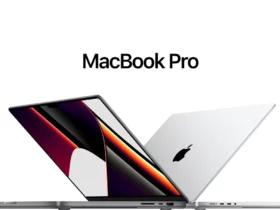


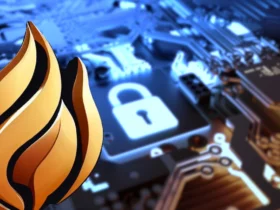
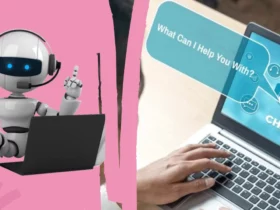


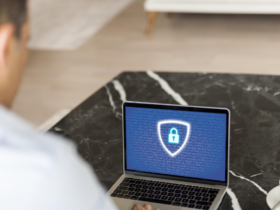
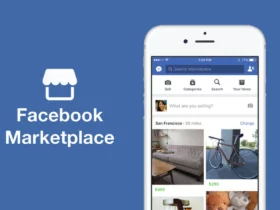
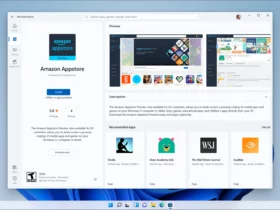
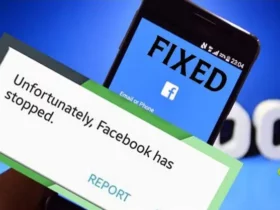
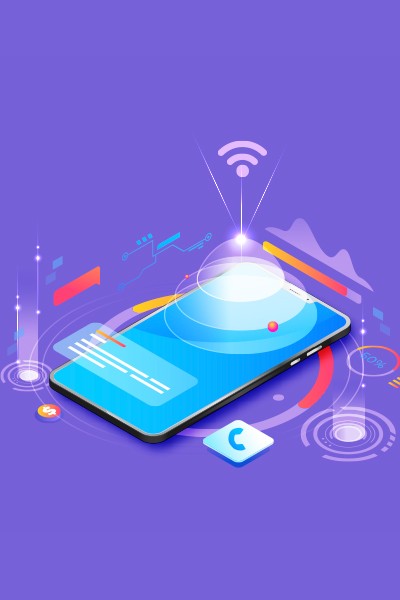
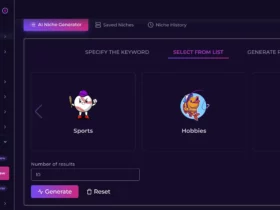

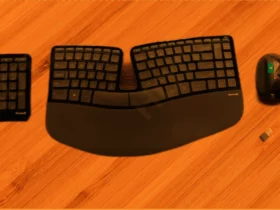







Find Us on Socials